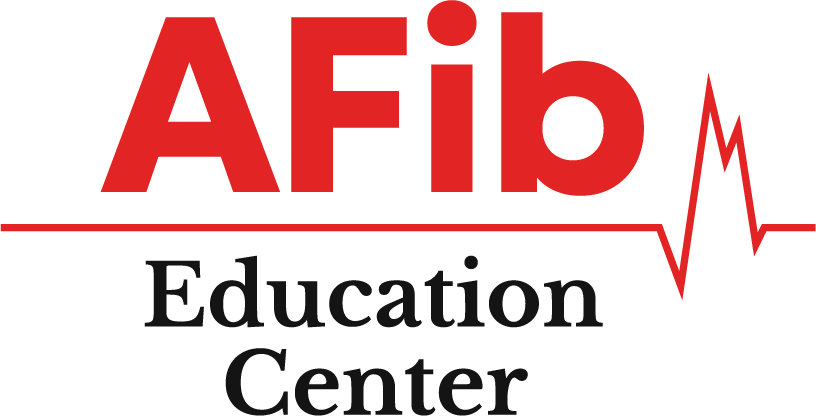How do I Treat the Symptoms of Atrial Fibrillation?
Atrial fibrillation (AFib) causes irregular and rapid heartbeats due to abnormal electrical activity in the heart. The primary symptoms—palpitations, shortness of breath, chest discomfort, and fatigue—are driven by the rapid heart rates during AFib episodes. Managing these symptoms is essential, as AFib increases the risk of stroke due to blood clots.
Key Points Covered
- Symptom Management Focus: Treatment aims to control rapid heart rates to alleviate discomfort.
- Personalized Approach: Tailored treatments consider AFib stage, symptom severity, age, and individual risk factors.
- Treatment Options:
- Rate-Control Medications: Reduce heart rate to manage symptoms, suitable for early or permanent AFib.
- Antiarrhythmic Medications: Suppress AFib episodes, offering better symptom control but with potential side effects.
- Ablation Procedures: Target AFib cells to restore normal rhythm, considered when medications are inadequate.
- Factors Influencing Treatment: Severity of symptoms, patient age, overall health, and willingness to accept procedural risks guide treatment decisions.
Effective management of AFib symptoms involves choosing appropriate treatments tailored to individual needs, improving quality of life by minimizing discomfort and reducing stroke risk.
